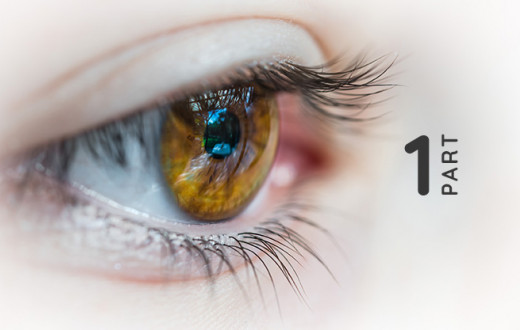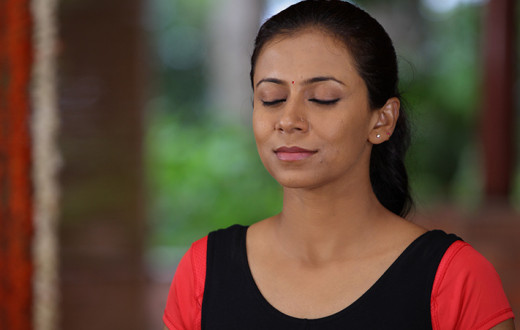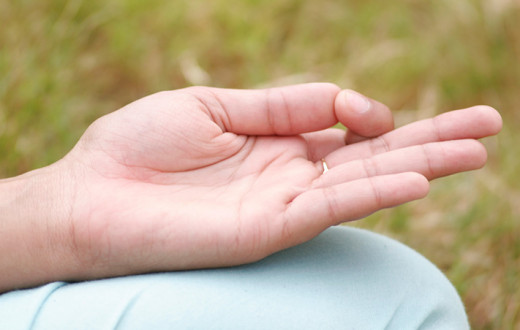A fresh breath of Ayurveda
One of the acharyas of Ayurveda has said, ‘‘Rase sidhe karishyami nirdaridryam idam jagath" which means ‘‘I am giving this knowledge of Ayurveda to take away suffering from the world’’.
Life has four characteristics: it exists, evolves, expresses and extinguishes. And for these, it depends on five elements: the earth, water, air, ether and fire. These correspond to the five senses: sight, smell, taste, sound and touch.
Ayurveda is the study of life — Veda means to know and Ayur is life. According to Ayurveda, life or existence is not rigid compartments — it is a harmonious flow. Even the five elements are not tight compartments of defined objects — they flow into one another. Each one of the elements contains the other four. So, the approach of Ayurveda towards life is holistic.
The subtlest element in us is space, which the mind is made up of, and the grossest element is the earth, which our bones, skin and body structure are made up of. To understand the physiology, its characteristics and its reflection on the mind, the human system is divided into three doshas or imbalances: Vata, Pitta and Kapha.
When an illness arises, it manifests first in the thought form, which is the subtlest aspect and then in the sound form. Thereafter it manifests in the light form, that is, in the aura. It is only then that the illness manifests itself in the body. To begin with, simple symptoms arise in the fluid form, which can be eradicated, and then only they manifest in the grossest form, where they need medication. In aroma therapy, an illness can be cured just through fragrance. It is mostly focused on the preventive aspect.
The holistic approach of Ayurveda includes exercising, breathing and meditation. Breath is synonymous to life. For all practical purposes, if someone is not breathing, that's the sign that there is no life there.





















